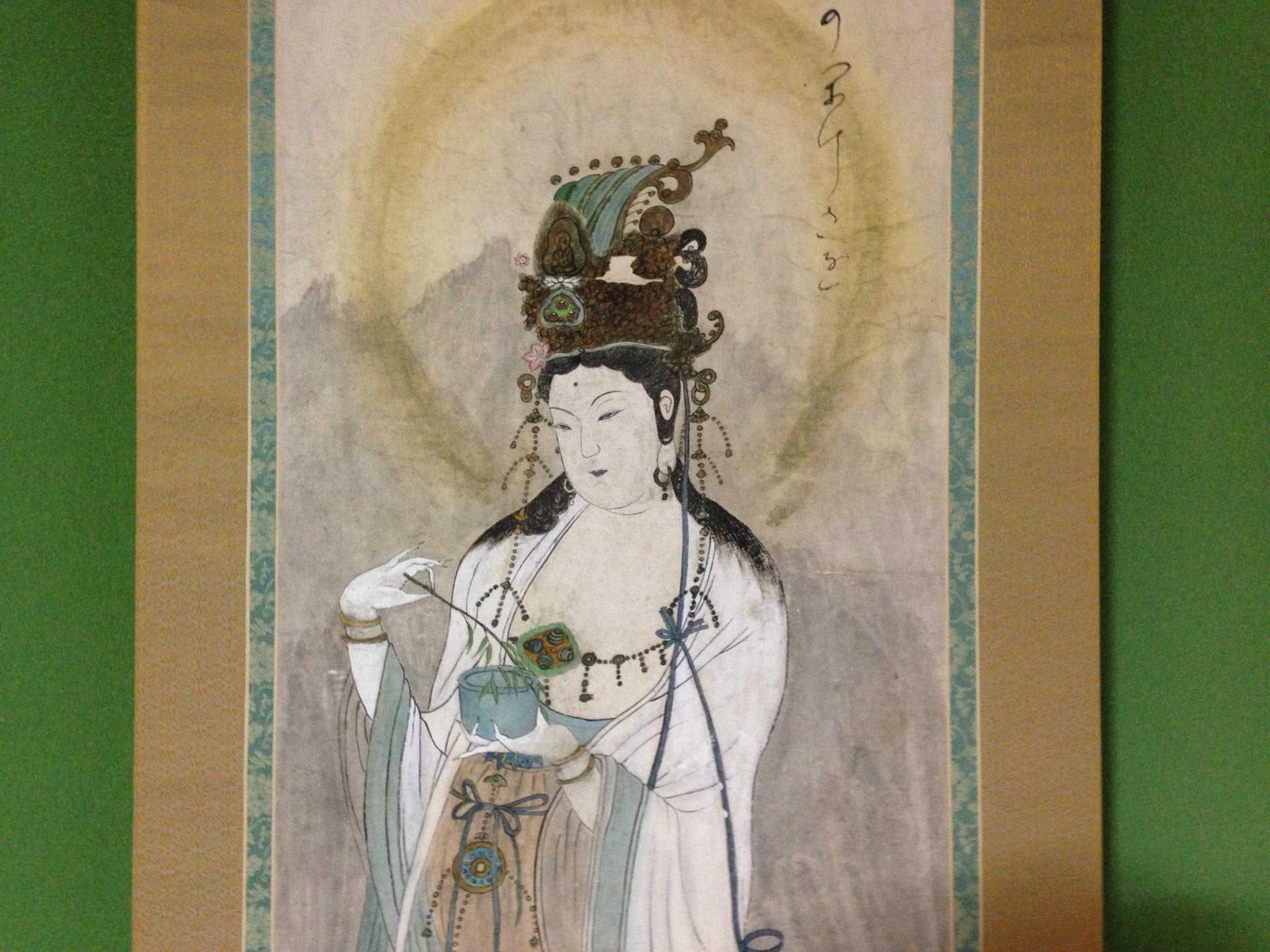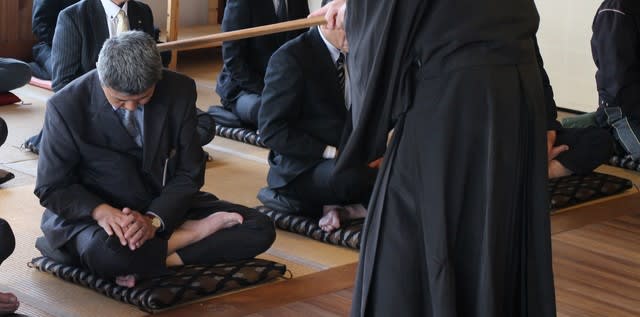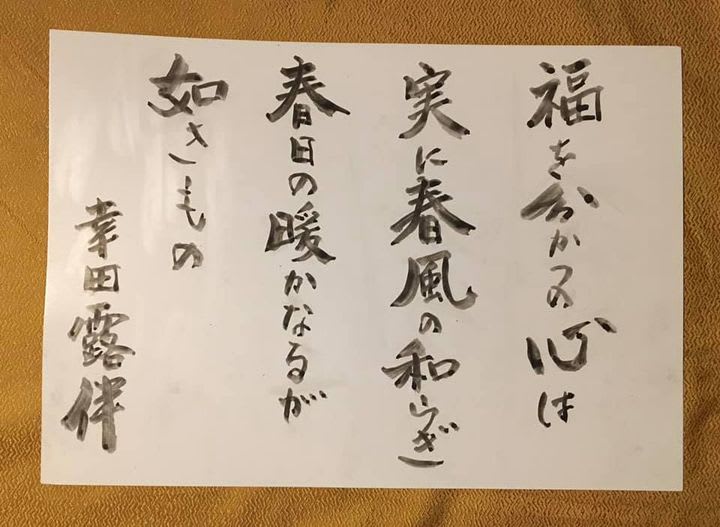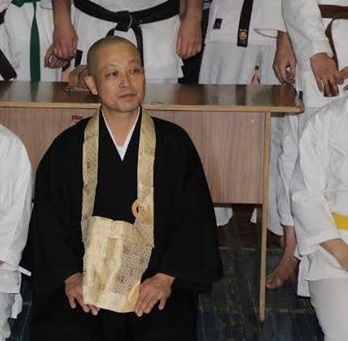せんだって中から日本は露西亜と戦争をしているそうだ。吾輩は猫であるからむろん日本贔屓(ひいき)である。できうべくんば混成猫旅団を組織して露西亜兵を引っ掻いてやりたいと思うくらいだ。『吾輩は猫である』第五話
日露戦争は『吾輩は猫である』の執筆中だった。このくだりを見ると、このとき漱石(主人公の猫)はこの戦争に賛成だったようにみえるがそもそもこの小説の意図は人間社会の風刺だからこれは戦争の風刺と理解できる。猫も日露戦争に従軍したいというのだから日本中がその会戦ムードだったということだ。
次のくだりは明らかに当時の富国強兵政策を皮肉った文章である。そもそも「大和魂」とは「日本的な和らぎの精神、自然なこころ」のことである。明治政府はこれを富国強兵に転化した。そうして民意をあおったのである。この一節にその雰囲気が表現されている。この裏には「漱石の日本の将来への心配」があると考えられる。
苦沙弥先生いよいよ手製の名文を読み始める。「大和魂!と叫んで日本人が肺病やみのような咳をした」「出だしが抜きんでていますね」と寒月君がほめる。「大和魂!と新分野が言う。大和魂と掏摸(すり)がいう。大和魂が一躍して海を渡った。英国で大和魂の演説をする。ドイツで大和魂の芝居をする」---(略)---誰も口にせぬ者はないが、誰も見た者はない。誰も聞いたことはあるが、誰も遇った者はない。大和魂それ天狗のたぐいか」同第六話
この後、第九話で猫の飼い主、苦沙弥先生はある華族から日露戦争戦勝祝賀会義捐金募集の封書を受け取ったが、知らん顔をしている、とある。これも戦勝ムードの風刺といえる。
ほかに漱石は『三四郎』のなかで、東京行きの汽車の中で三四郎が偶然出会った髭の男に「日本も段々発展するね」というと「亡びるね」といわれた、と書いている
このように漱石は日清戦争と日露戦争の戦勝ムード盛んな故に日本の将来を憂えたのだ。漱石は1916年に亡くなるが、その後の日本は1932年五一五事件それに1936年二二六事件、やがて太平洋戦争へと向かっていく。漱石の心配は当たったのである。
久留米市宮ノ陣町大杜1577-1 吉富宜健
Natsume Sōseki’s Concerns
Recently, I’ve heard that Japan is at war with Russia. Since I am a cat, I naturally favour Japan. If it were possible, I’d even organise a mixed brigade of cats to scratch the Russian soldiers to pieces!
I AM A Cat, Chapter Five
The Russo-Japanese War took place while I Am a Cat was being written. From this passage, it might appear that Sōseki (through the cat, who is the protagonist) supported the war. However, the novel is intended as a satire of human society, so we can understand this as a satire on war itself. The fact that even the cat wanted to join the Russo-Japanese War reflects the war fever that gripped the entire nation.
The following passage is a clear mockery of the militaristic policies of the time. The concept of "Yamato-damashii" originally referred to a peaceful, harmonious spirit that is uniquely Japanese. However, the Meiji government manipulated it into a slogan for their agenda of enriching the nation and strengthening the military, fanning the flames of public sentiment. This passage encapsulates that atmosphere, and behind it, we can glimpse Sōseki’s concerns about Japan’s future.
Kushami Sensei begins reading aloud from his handmade piece of literature: "Yamato-damashii! Japan's soul is the cry, as the Japanese cough like they have tuberculosis." "That’s an outstanding opening," Kan'getsu remarks. "Yamato-damashii! New fields of thought speak of it. Pickpockets speak of it. Yamato-damashii suddenly leaps across the sea. They make speeches on Yamato-damashii in England, stage plays about it in Germany..." (…and so on.) Everyone talks about it, but no one has ever seen it. Everyone has heard of it, but no one has ever encountered it. Yamato-damashii – is it some kind of goblin?" I AM A Cat, Chapter Six
Later, in Chapter Nine, Kushami Sensei receives a fundraising letter from a noble family, asking for donations to a victory celebration for the Russo-Japanese War. He simply ignores it. This, too, can be seen as a satire of the triumphalist mood of the time.
In another work, Sanshirō, Sōseki writes about a bearded man whom Sanshirō meets on a train to Tokyo. When Sanshirō remarks, "Japan is gradually progressing, isn’t it?" the man replies, "No, it’s declining."
Sōseki was troubled by the fervent mood of national triumph following the Sino-Japanese and Russo-Japanese wars, fearing for Japan’s future. Though Sōseki passed away in 1916, his concerns proved justified. Japan would go on to the 1932 May 15 Incident, the 1936 February 26 Incident, and eventually the Pacific War. Sōseki's worries had been well-founded.
Written : Yoshitomi Giken Translated : ChatGPT 1577-1 Ooto Miyanojin-town, Kurume City, Japan


























